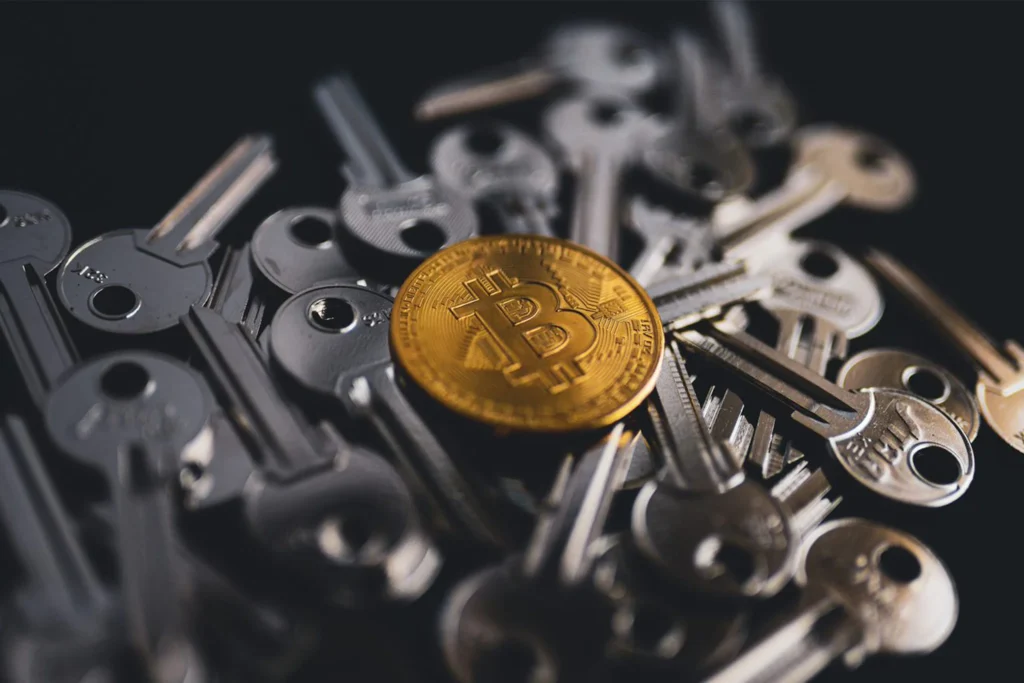What Does “Illiquid” Mean?
An illiquid asset is something that cannot be easily or quickly sold or converted into cash without losing a significant amount of its value.
This includes stocks, bonds, property, or other investments that lack enough interested buyers or sellers.
Because of the low interest from investors or speculators, these assets usually have low trading volumes, wide bid-ask spreads, and are often more volatile in price.
In simple terms, illiquidity is the opposite of liquidity—which means how easily something can be turned into cash without affecting its price.
Understanding Illiquidity
Illiquidity happens when an asset or security is difficult to sell fast without accepting a much lower price than expected.
The problem usually stems from the fact that there aren’t enough willing buyers or investors at any given time.
On the other hand, highly traded or liquid assets—like stocks on major exchanges—are much easier to sell at their current market value.
When something is illiquid, the gap between the price a seller wants and what a buyer is willing to pay (bid-ask spread) becomes much wider.
This makes it even harder to reach a deal. Because there are fewer people actively buying and selling, prices can swing more wildly, which increases the risk for investors.
For example, if an investor urgently needs to sell an illiquid asset, they might have to accept a much lower price, leading to financial loss. This is particularly risky in times of crisis or when there’s a sudden need for cash.
Illiquidity in Business
When it comes to companies, illiquidity doesn’t always mean they have no assets—it just means they don’t have quick access to cash to cover their debts or operating costs.
A business might own buildings, machinery, or land—assets that are valuable but not easy to sell quickly.
These are considered capital assets, and they are not part of the company’s daily product sales.
In financial emergencies, a company may need to sell these assets to avoid going bankrupt. However, if they are forced to sell them in a hurry, they may have to do so at below-market prices, also known as a fire sale. This could seriously harm the company’s financial position.
Additionally, some companies face illiquidity not because they lack assets, but because they cannot raise or access cash to pay off their debts when they come due.
Examples of Illiquid and Liquid Assets
Illiquid Assets:
- Real estate properties like houses or buildings
- Cars and other vehicles
- Antiques, collectibles, or artworks
- Shares in private companies
- Some types of loans and debt instruments
- Stocks trading in over-the-counter (OTC) markets
These assets may hold value but can take a long time to sell—sometimes months or even years—especially when there’s little market interest.
Liquid Assets:
- Stocks and bonds listed on major stock exchanges
- Exchange-traded funds (ETFs)
- Mutual funds
- Precious metals like gold and silver
- Commodities listed on trading platforms
These assets can usually be sold quickly and at fair market value during normal trading hours. However, even these can become temporarily illiquid if traded outside regular hours or during market crashes when there are fewer active buyers.
It’s also important to note that an asset’s liquidity can change over time, especially for collectibles or niche investments. If demand drops, they may become harder to sell and more unpredictable in value.
Illiquidity and Higher Risk
Illiquid assets come with a liquidity risk, which becomes more serious during financial instability.
In such times, the number of buyers falls drastically, and investors may find it nearly impossible to sell their holdings without taking a big loss—or not be able to sell at all.
Because of this, illiquid assets often need to offer a liquidity premium—extra value or return—to compensate investors for taking on that added risk.
During a liquidity crisis, even normally tradable assets can get stuck as there are no buyers, making markets freeze up and leading to widespread losses.
Real-World Example
A real-world example of illiquidity was seen with Jet Airways, as reported by The Economic Times. The airline delayed repayment of its overseas loans for the fourth time due to a severe liquidity crunch.
Despite owning assets, Jet Airways couldn’t access enough liquid cash to cover its debts.
The company had to ground more than 80 planes and implement a recovery plan, which included the resignation of its chairman, Naresh Goyal, and transferring control of the company to lenders.
This shows how illiquidity can force even major companies to make drastic decisions and changes just to stay afloat.
Join Gen z and millennials TaskForce official 2025 WhatsApp Channel To Stay Updated On time the ongoing situation https://whatsapp.com/channel/0029VaWT5gSGufImU8R0DO30


